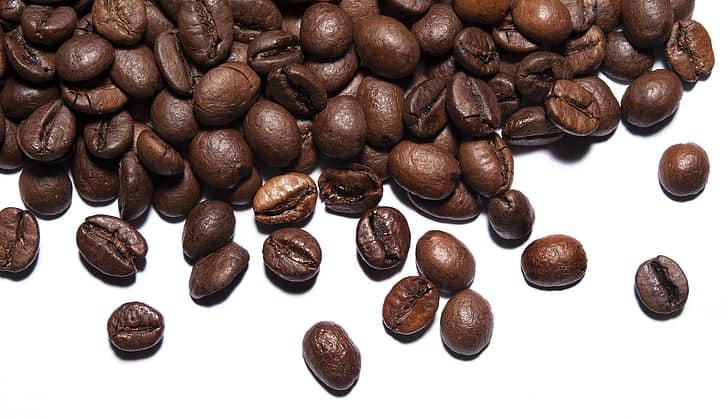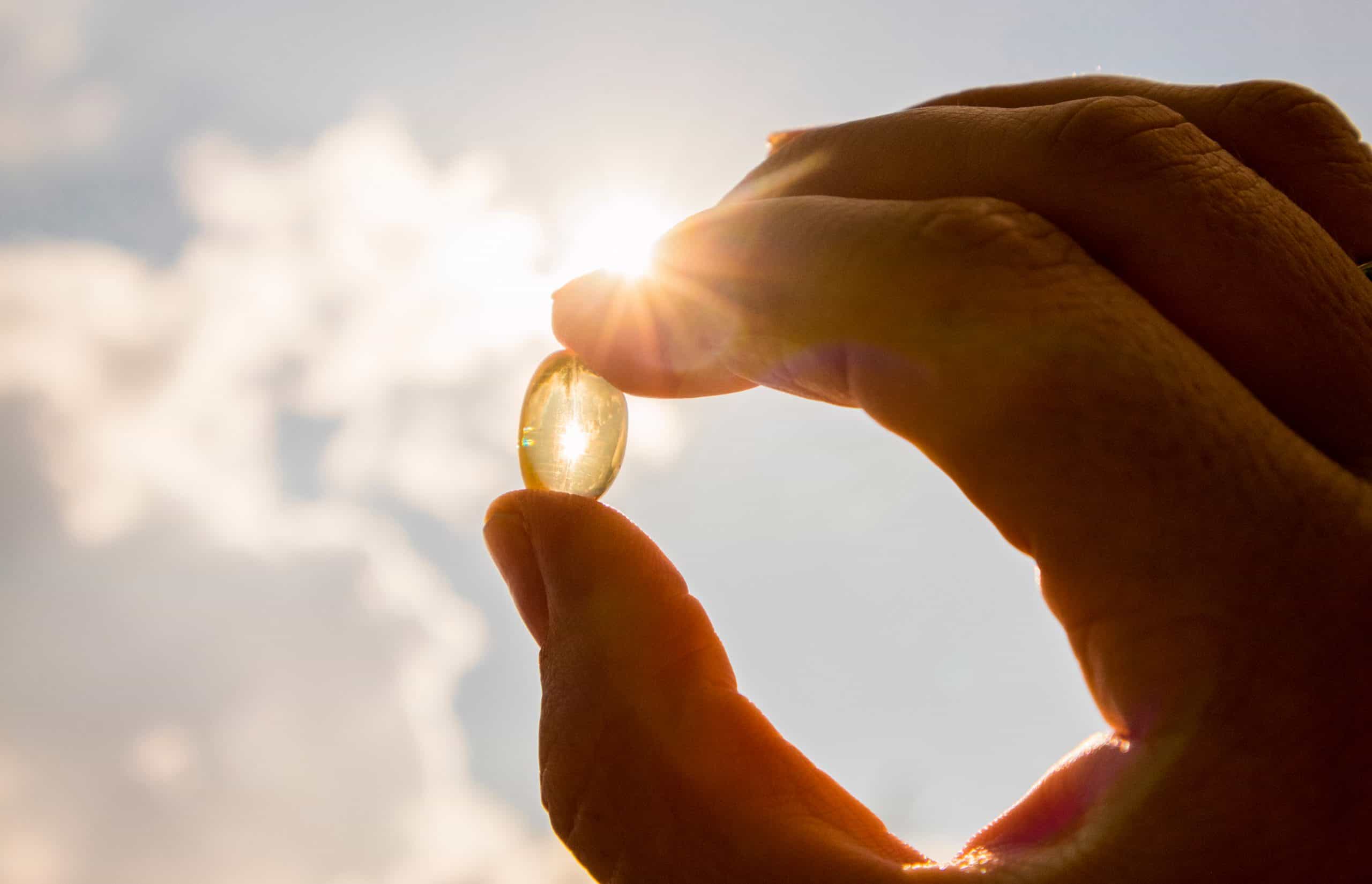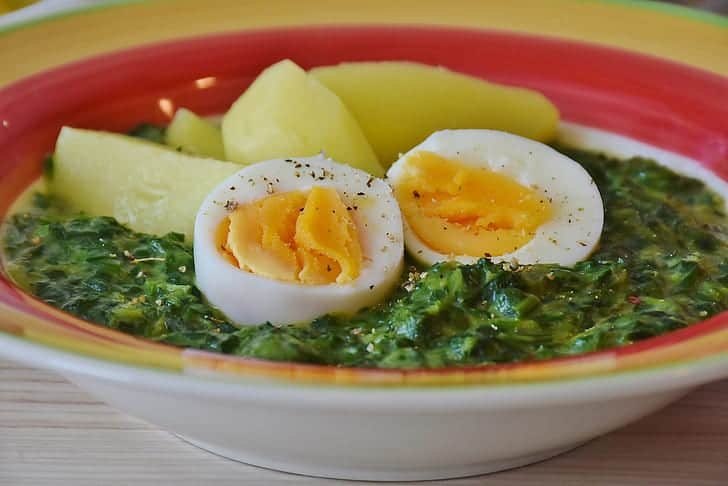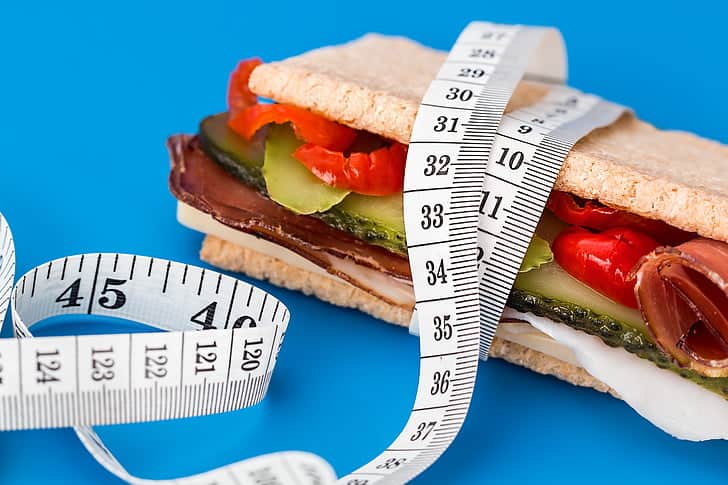Bone fractures affect nearly 7 million U.S. residents each year. You can't prevent every accident, but strengthening your bones helps reduce your risk of breaks and other serious injuries. When your bones are thin or brittle, it's harder for them to withstand impact from bumps or falls. This often results in crushed, splintered. or fractured bones.
Fortunately, there are many ways you can strengthen your skeletal system and build healthy bones. From munching on nutrient-rich greens to strengthening your skeletal system with density-boosting exercises, here are 9 natural ways to improve the condition of your bones.
1. Get More Greens
When it comes to dietary habits, model your meals after cows and elephants. Aside from being large animals with solid bone structures, both mammals are herbivores. Cows and elephants feast on lush greenery, including grass, leaves, and plants. You can mimic their healthy eating habits by incorporating more greens, such as spinach and kale, into your diet.
Leafy green veggies are often rich in calcium, a nutrient which promotes bone health. You can also find bone-boosting potassium and vitamin K in green vegetables. Potassium helps reduce calcium loss, and vitamin K protects bone mineral density.
It's no secret that many people dislike green veggies, but there are ways to make them tolerable — or even enjoyable. Add spinach to your morning smoothie, or puree broccoli and mix it with cheese dip. You can also make kale chips or sneak veggies into brownies or other baked goods.
2. Limit Caffeine Intake

Caffeine may enhance your personality in the morning, but it doesn't do much for your bones. Drinking coffee in moderation is generally okay but try not to gulp down multiple espressos each day. Every 100 milligrams of caffeine consumption triggers a 6-milligram calcium loss, stripping this essential nutrient from your bones.
Try to limit your caffeine habit to 300 milligrams per day if you want to protect your bones. That's the equivalent of a few sodas or a small cup of coffee. A 16-oz. cup of coffee typically contains around 320 milligrams of caffeine, which already puts you over the recommended daily limit for optimum bone health.
3. Watch Your Sugar Consumption
Sugar is a sweet treat for your taste buds, but your bones can do without this density-damaging ingredient. Excess sugar consumption increases your odds of developing osteoporosis. People who regularly drink fruit juice or soda also have a higher risk of bone fractures.
There are several reasons why sugar affects bone health. For starters, people who eat candy or drink soda regularly may not be getting the nutrients they need from healthier foods. Also, sugar consumption results in increased calcium excretion when you urinate, and as we mentioned above, calcium plays an essential role in the health of your bones.
4. Get Plenty of Vitamin D

Don't just enjoy a beautiful day from the comfort of your living room. When you see the sun shining, head outside and catch some rays. Sunlight provides much-needed vitamin D for your body, so you can build or maintain strong, healthy bones. As an added benefit, vitamin D also boosts cognitive health and may even reduce your chances of developing dementia.
Sometimes soaking up the sun isn't an option, so some people use vitamin D supplements instead. Talk to your primary care physician or the team at Northeast Spine and Sports Medicine before you supplement with vitamin D, as it may interact with some of your other medications or supplements. It's difficult to overdo your vitamin D supplementation, but if you do, you may develop serious issues, such as calcium stones or kidney disease.
5) Monitor Your Salt Intake
Sodium, which is commonly found in table salt, is a tricky nutrient when it comes to bone health. Too much salt is bad for your bones, but your skeletal system is also at risk if you don't get enough. Salt helps your body maintain adequate magnesium and potassium levels, which is why a low-salt diet ups your odds of getting osteoporosis.
Studies show that menopausal women who get enough sodium have a decreased risk of hip fractures. However, too much sodium can increase your odds of fracturing a bone, particularly in adults with low calcium levels.
6. Get Plenty of Protein

You may have heard conflicting advice about protein consumption. Some people worry that protein can weaken your bones, but that's a myth. Recent research indicates that protein boosts bone density, thus reducing your risk of fractures and other skeletal-related ailments. This is true whether individuals consume plant-based protein or get this macronutrient from meat.
Yogurt, salmon, chicken, tofu, and eggs are great sources of protein. If you aren't a fan of any protein-rich foods, consider supplementing with protein bars or shakes.
7. Hit the Gym
Exercise helps you lose weight or build muscles, but it also enhances your bone health. Strength training and weightlifting help improve bone density and increase the size of your bones. These fitness techniques also help reduce inflammation, which may reduce bone pain. When your muscles are swollen or inflamed, they press against your bones, often resulting in discomfort.
Not sure if your cardio or weight-lifting routine benefits your bones? The musculoskeletal experts at Northeast Spine and Sports Medicine can help you determine which exercises are best for your body.
8) Watch Your Weight

A strong skeletal system can effectively support your weight, but it becomes more difficult when you are carrying some extra pounds. This excess weight presses against your bones, increasing your risk of a fracture or other injury. However, being underweight is also a risk factor, as low body weight is associated with osteoporosis.
Let us know if you're unsure how to establish or maintain a healthy weight. We can review your current dietary and lifestyle choices, then offer solutions tailored toward your needs.
9. Consider Collagen Supplements
You may have heard the buzz about collagen if you follow beauty vloggers or health-minded social media influencers. Collagen works wonders on aging skin, but it's not just a wrinkle-reducing product. This essential nutrient is the primary protein that makes up your bones. It's made of beneficial amino acids, including lysine and proline, which boost bone development and also help your tissues and muscles.
Your body makes its own collagen, but collagen production often decreases once you hit your mid-20s. Because of this, many people supplement with collagen drinks or powders as they age.
Boost Bone Health With Help From Northeast Spine and Sports Medicine
Your bones support your body as you prepare meals, explore your neighborhood, and chat with loved ones. Unfortunately, lifestyle choices, unexpected injuries or not-yet-diagnosed medical concerns can impact the health of your bones. At Northeast Spine and Sports Medicine, we understand the important role your bones play. We're here to help you maintain bone health, whether you need chiropractic adjustments or osteoporosis treatment. We can also help with treatment of bone spurs and fractures.
Reach out to us today and let us know the status of your bone health. We offer a variety of treatment options, and we recommend solutions based on your specific needs. Our New Jersey offices are scattered throughout Monmouth County and Ocean County, and we have morning and evening appointments available to meet your needs. Call today or contact us via our convenient online form so we can help protect your skeletal system.

